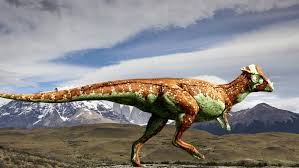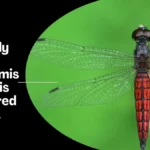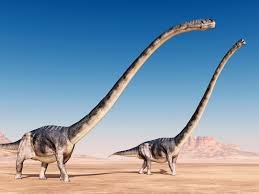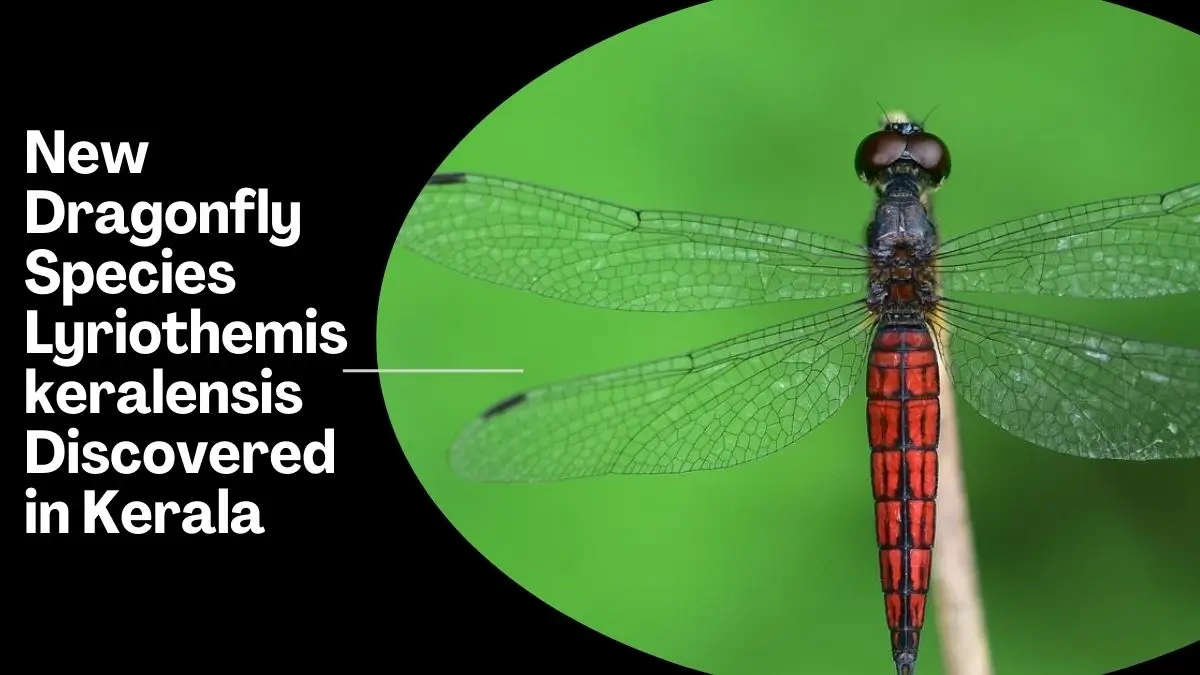Argentine Scientists Unveil Discovery of Speedy 90 Million-Year-Old Herbivore Dinosaur
Argentine scientists have made a groundbreaking discovery by unveiling a speedy 90 million-year-old herbivore dinosaur. This remarkable finding sheds new light on the prehistoric world and provides valuable insights into the evolution and behavior of dinosaurs.
The discovery was made in Argentina’s Patagonia region, known for its rich fossil deposits. Researchers unearthed the remains of the dinosaur, named Lavocatisaurus agrioensis, which belonged to the group of long-necked, plant-eating dinosaurs known as sauropods. What sets Lavocatisaurus apart is its relatively small size and unusually fast movement for a sauropod.
The fossilized bones of Lavocatisaurus reveal intriguing details about its anatomy and locomotion. Its slender limbs and elongated neck suggest adaptations for swift movement, challenging previous assumptions about sauropod dinosaurs being slow and lumbering creatures. This discovery opens up new avenues for studying dinosaur physiology and behavior, providing scientists with a better understanding of how these fascinating creatures lived and interacted with their environment.
The Argentine scientists involved in the discovery have expressed excitement about the implications of their findings. They believe that Lavocatisaurus could have been capable of rapid movements to evade predators or migrate over long distances in search of food. This raises intriguing questions about the ecological dynamics of ancient ecosystems and the role of sauropods within them.
Overall, the unveiling of Lavocatisaurus represents a significant contribution to our knowledge of dinosaur diversity and evolution. It underscores the importance of continued exploration and research in paleontology, helping us piece together the puzzle of life on Earth millions of years ago.

Why this News is Important:
Significance of the Discovery The discovery of the Lavocatisaurus dinosaur by Argentine scientists holds immense importance in the field of paleontology and evolutionary biology. This finding challenges conventional beliefs about sauropod dinosaurs and provides new insights into their behavior and locomotion.
Contribution to Scientific Knowledge The unveiling of Lavocatisaurus sheds light on the diversity of dinosaurs and their adaptations to different environments. By studying this newly discovered species, scientists can expand our understanding of prehistoric ecosystems and the dynamics of ancient life on Earth.
Implications for Evolutionary Theory The discovery of a speedy herbivore dinosaur challenges previous assumptions about the capabilities of sauropods. This finding prompts scientists to reevaluate their understanding of dinosaur physiology and behavior, potentially leading to revisions in evolutionary theories.
Inspiration for Future Research The discovery of Lavocatisaurus serves as a catalyst for further exploration and research in paleontology. It highlights the importance of continued scientific inquiry into Earth’s history and the organisms that inhabited it, inspiring future generations of researchers and explorers.
Educational Value The unveiling of Lavocatisaurus provides valuable educational opportunities for students interested in paleontology and natural history. It offers a captivating glimpse into the world of dinosaurs and the scientific process behind fossil discovery and analysis.
Historical Context:
Paleontological Significance of Patagonia Patagonia, located in southern Argentina, has long been recognized as a treasure trove of fossilized remains, particularly of dinosaurs. The region’s unique geological formations and sedimentary deposits have preserved a wealth of prehistoric life, offering invaluable insights into Earth’s ancient past.
Discovery of Lavocatisaurus The discovery of Lavocatisaurus in Patagonia builds upon a rich history of paleontological research in the region. Argentine scientists have been at the forefront of dinosaur discoveries, uncovering numerous species that have expanded our understanding of prehistoric life and evolution.
Importance of Sauropod Dinosaurs Sauropod dinosaurs, characterized by their long necks, small heads, and massive bodies, were dominant herbivores during the Mesozoic Era. They played a crucial role in shaping ancient ecosystems and are of significant interest to paleontologists studying dinosaur biology and evolution.
Relevance of the Discovery The unveiling of Lavocatisaurus adds another chapter to the ongoing saga of dinosaur discovery in Patagonia. This finding reinforces the region’s status as a global hotspot for paleontological research and highlights the importance of international collaboration in advancing scientific knowledge.
Key Takeaways from “Argentine Scientists Unveil Discovery of Speedy 90 Million-Year-Old Herbivore Dinosaur”:
| Takeaway Number | Key Takeaway |
|---|---|
| 1 | Lavocatisaurus is a newly discovered herbivore dinosaur |
| 2 | Found in Argentina’s Patagonia region |
| 3 | Challenges previous assumptions about sauropod dinosaurs |
| 4 | Provides insights into dinosaur behavior and locomotion |
| 5 | Highlights the importance of continued paleontological research |
Important FAQs for Students from this News
1. What is the significance of the discovery of Lavocatisaurus?
- The discovery of Lavocatisaurus is significant because it challenges previous assumptions about sauropod dinosaurs, providing new insights into their behavior and locomotion.
2. Where was Lavocatisaurus discovered?
- Lavocatisaurus was discovered in Argentina’s Patagonia region, known for its rich fossil deposits.
3. What distinguishes Lavocatisaurus from other sauropod dinosaurs?
- Lavocatisaurus is distinguished by its relatively small size and unusually fast movement compared to other sauropods.
4. What implications does the discovery have for paleontological research?
- The discovery of Lavocatisaurus opens up new avenues for studying dinosaur physiology and ecosystem dynamics, contributing to our understanding of prehistoric life.
5. How does the discovery of Lavocatisaurus inspire future scientific inquiry?
- The unveiling of Lavocatisaurus serves as inspiration for further exploration and research in paleontology, highlighting the importance of continued scientific inquiry into Earth’s history and the organisms that inhabited it.
Some Important Current Affairs Links
















